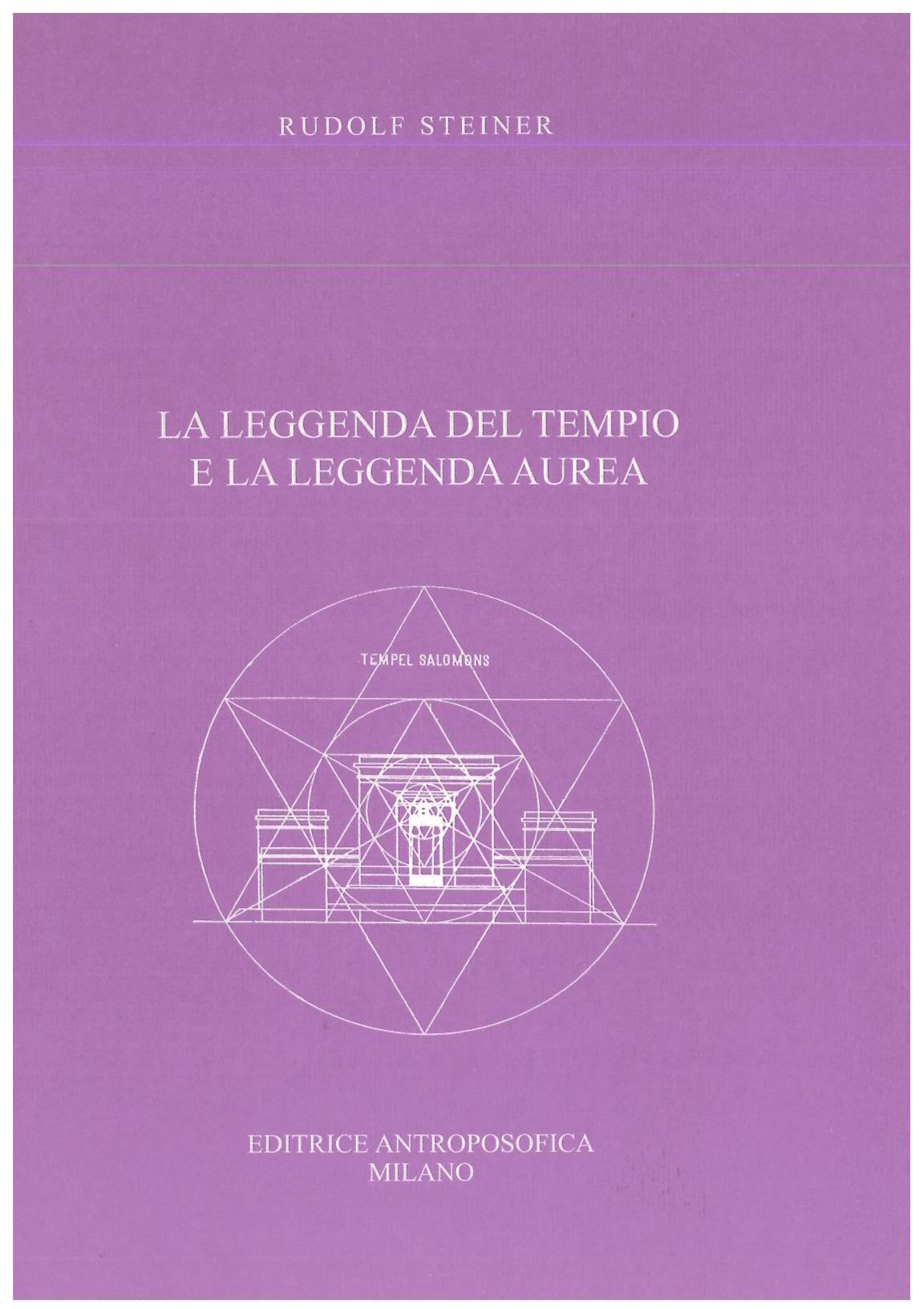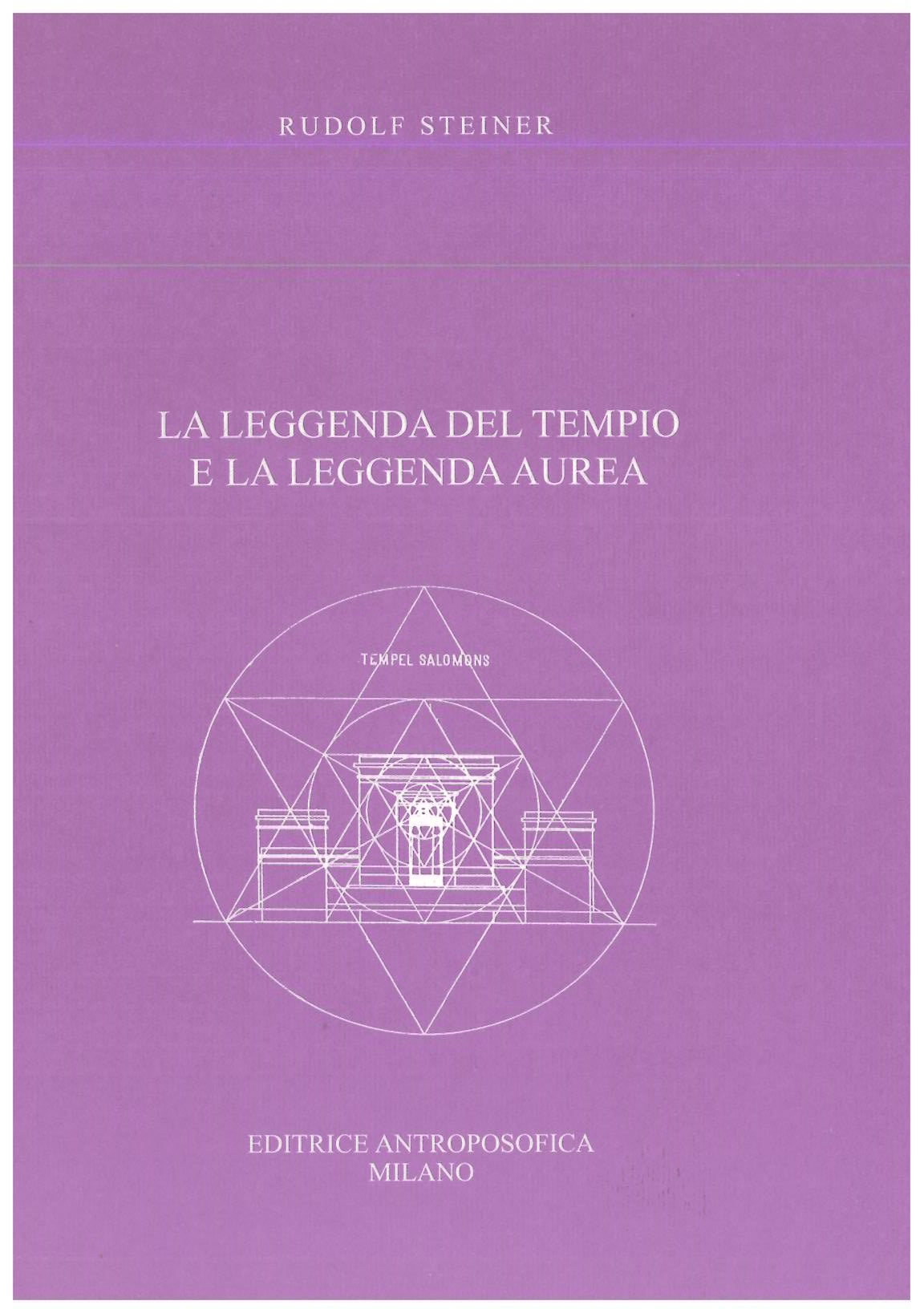93- The legend of the temple and the golden legend - Rudolf Steiner
Have a question?

93- The legend of the temple and the golden legend - Rudolf Steiner
Dettagli
The history and legend of Solomon's temple have always occupied men of faith and historians due to the numerous consequences that have been drawn from its construction and its destruction. Rudolf Steiner presents its occult meaning to us, also broadening the discussion to modern problems of science and sociology:
«... according to ancient wisdom the world is a temple, social life must be structured, organised, have columns like a temple. It is not a wisdom that is only learned, but that must be built in human society....
... instead we fulfill our duty only by bringing the principles of spiritual science into daily life. It is necessary to apply them, so that every movement of the hand or finger, every step in life, is the expression, the footprint of the spirit. This is how we build the temple that was lost...".
Two currents that always emerge in the history of humanity are involved in the construction of Solomon's temple: that of wisdom, represented by Solomon, and that of industriousness, represented by Hiram-Abiff, the builder of the temple.
AUTHOR

Rudolf Steiner was an Austrian philosopher, architect and reformist. He was the founder of anthroposophy, an esoteric current that mixes various dictates of the theosophical and German philosophical-idealist schools of the time. From the early years of his cultural education, Steiner aspired to find the perfect synthesis between mysticism and science.
This continuous research led him, after obtaining his doctorate, to move from Vienna to Weimar to work at the Goethe und Schiller Archiv, the Goethe archive. This work allowed him to publish the essay "Introduction to Goethe's Scientific Writings" and to develop his personal vision of the world.
In 1894, he published his most important essay, "The Philosophy of Freedom", which proposed a revolutionary concept for the time: the discovery that thought can lead to the realization of the spirit of the world.
The tome did not achieve much success but Steiner had created a solid foundation for the knowledge of the spirit, and he felt able to carry out his research in this field without any hesitation. Furthermore, the work on "The Philosophy of Freedom" allowed him to solve a series of enigmas about existence that had persecuted him for some time.
The insights contained in "The Philosophy of Freedom" are the basis of Steiner's legacy and have contributed essentially to the development of modern sciences. In particular of Medicine. In fact, Steiner was responsible for the Waldorf school movement, which created an educational approach based on understanding and love.
Today, Waldorf schools are all over the world.


